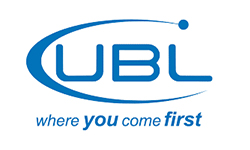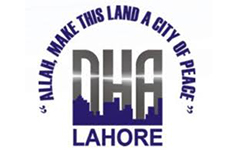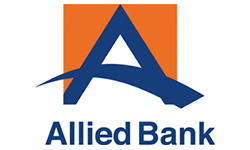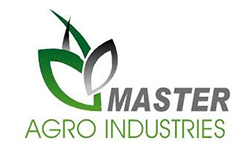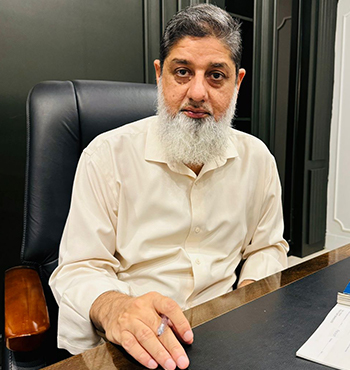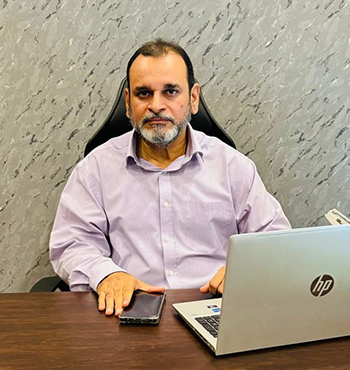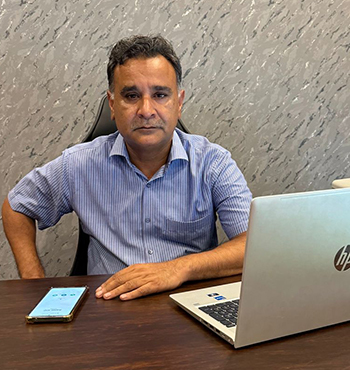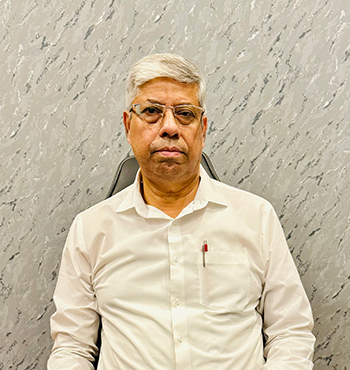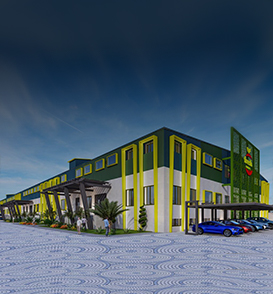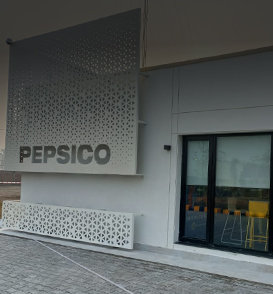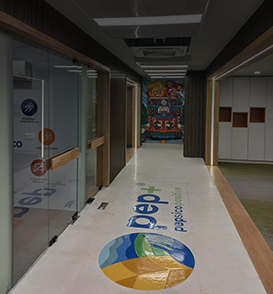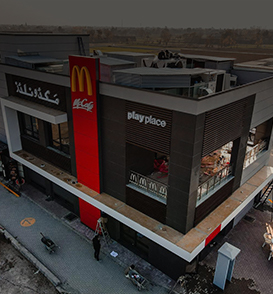- +92-42 3788 2177 Make a call
- info@icmc.pk Drop us a line
- 193-Abu Bakr Block New Garden Town Lahore Get Direction
building NEW millennium
With our in-house team of engineers and architects
we ensure to deliver a quality projects
Build your Dream
Transforming Ideas into Architectural Wonders for more then 2 decades
Craftsmanship Redefined
We take pride in our years of Learning and refining your craft
to provide quality solutions to our clients
Ensuring Safe Structures
Design and implement mechanical, electrical, and plumbing systems
by our expert engineers of relevant fields
Customised Sytems
Designing and collaborating with world's best engineers and meteorologist
to build solutions to cater our clients requirmnets
Radar Systems
Installing world-class equipments locally to empower our meteorologist
for better predictictions and managment
CEO’s Message
Building New Millennium
Innovative Construction Company is committed to establish and retain a highly satisfied clientele by providing
reliable service and quality solutions focusing on the details and expectations of our
customer’s construction needs. As Innovative® grows with and adapts to the changing
needs of both our clients and employees, the founding philosophies of consistent,
quality solutions must not be compromised.
400 +
Successfully Finished Project
200 +
Trained Staff
23 +
Years of Learning & Growth
1520 +
Colleagues & counting more daily
Our Services
Quality Services


Meterology
Providing, Installation & Maintenance of latest tech for precision in study of atmosphere.


Structure Designing
Creating detailed plans and layouts for projects, ensuring functionality and aesthetics.
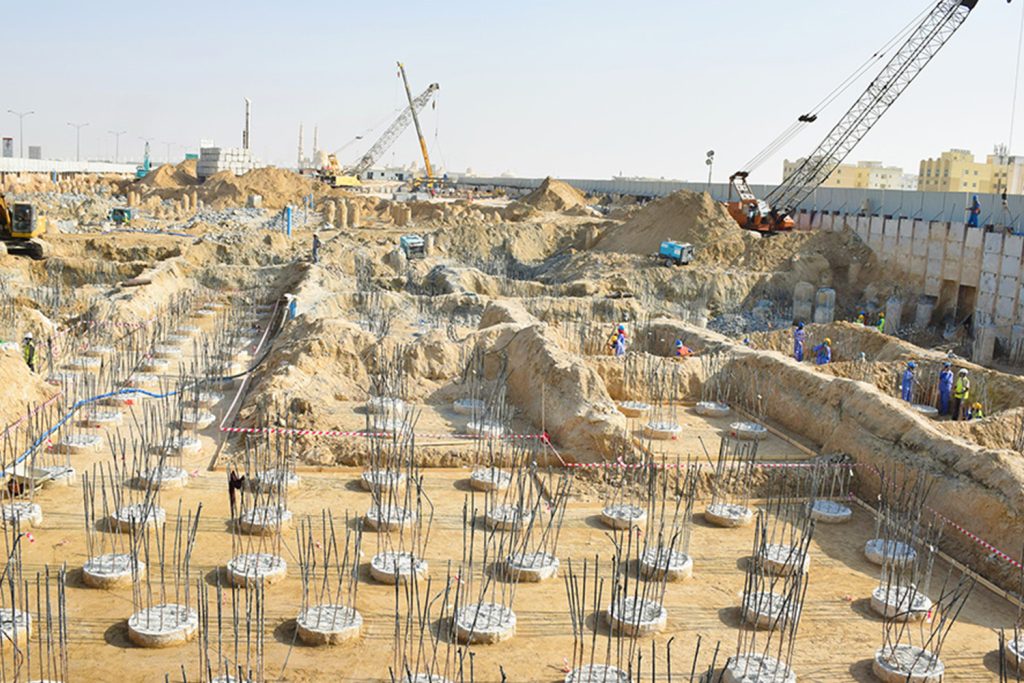

Shoring & Piling Works
We offer shoring services for structural support and piling for deep foundations.


MEP
Ensuring secure integration of Mechanical, Electrical, Plumbing , HVAC and Fire Fighting systems.

Project Managment
Planning, executing & overseeing projects to achieve targets within set constraints.
Why To Choose Innovative Crafting Quality, Delivering Trust
At Innovative Construction Company, we combine expert craftsmanship, high-quality materials, and modern designs to deliver durable and cost-effective projects. With on-time delivery, complete transparency, and a customer-first approach, we turn your vision into reality with trust and excellence.
We are best in the field
We deliver exceptional quality in construction and unparalleled precision in metrology, ensuring excellence in every measurement and project.

Quality

Timeliness

Latest Tech

Expertise
We are Professionals Meet Our Team
Request a Quote
Fill all information details to consult with us to get sevices from us
Learn More From Our FAQ
Calibration ensures that measurement instruments give accurate and reliable results by comparing them to a standard.
Our Works Latest Projects
- All Projects
- Civil
- Commercial
- Designing
- High Rise
- Industrial
- Infrastructure
- MEP
- Meteorology
- Residential
Partners In Success Clientele

